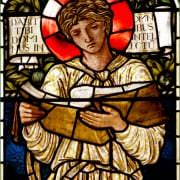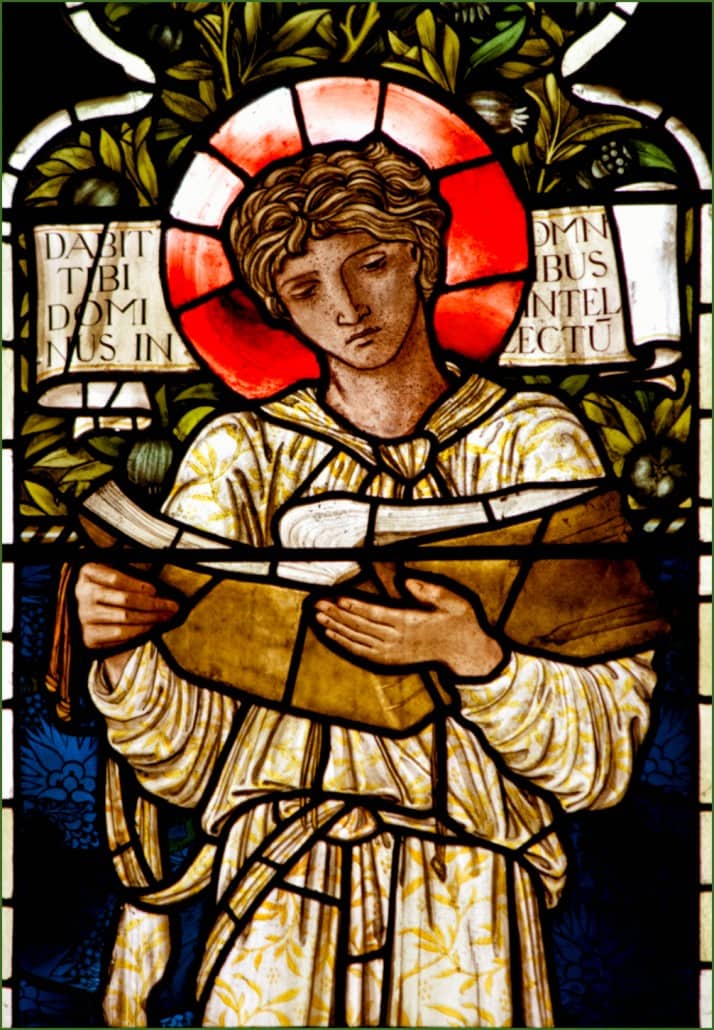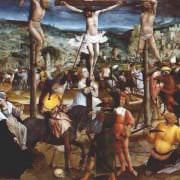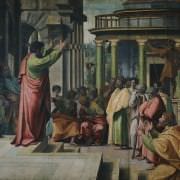This thrilling letter has so many answers for contemporary problems. Night clubs, tattoos, engagements, church meetings, gifts of the Spirit, cleverness, psychology, heaven, resurrection and more are subjects that get answers here.
The answers are disguised in the Corinthian situation, though. 1 Corinthians needs well-trained interpretative skills to ensure the message we are hearing is correctly applied to our day.
Corinth was a cosmopolitan city and the capital of the Roman province of Achaia. It was surpassed by Athens in political status, mental acuteness, arts and philosophy, but untouched in its licentious profligacy. Any church planted here was bound to be troubled with problems. Paul establishes his ministry while staying with two exiled Jews from Rome, Aquila and Priscilla. He spent about a year and a half establishing a church made up of Jews and Gentiles.
In the introduction to the letters I explained the importance of ‘hearing’ the other side of the phone call when reading the letters. This is very clear when it comes to 1 Corinthians. A reading of it will continually lead you to ask what was going on in Corinth that Paul is talking about. If we don’t answer this question we are in trouble applying his message at all.
So what was going on in Corinth? What is mentioned below is a collection of the most widely held hypotheses regarding Corinth and the letter. Paul wrote a letter that we now call the ‘previous letter’ and warned the Corinthians about association with immoral people that was misunderstood. He heard about the misunderstanding and more details about the church from people from the household of Chloe: most probably Stephanas, Fortunatus and Achaicus visited Paul with a number of questions to put to him. In response he wrote 1 Corinthians. Paul must have heard other reports and decided to pay a visit to Corinth himself. This is called the ‘sorrowful visit’. After this visit Paul wrote ‘the sorrowful letter’ out of anguish about the visit. When Paul meets up with Titus in Macedonia and receives a good report about Corinth and their attitude towards him, he writes 2 Corinthians.
It is uncertain exactly where the trouble came from in the Corinthian church. It is often suggested that gnosticism (a Greek religion of special knowledge and higher philosophy) was the root of their trouble. While this may be the case, gnosticism was only concretely established in the second century and so its influence may not be as deep as many have thought. The safest bet is that the trouble came from ‘all around’. Many different influences hindered and buffeted the progress of the church in Corinth. False teaching, pre-gnostic thoughts, pagan old behaviour and worldviews, city pressure and lifestyle would all have influenced them.
It may be that we are unclear exactly what the influences were but what we are clear about is there were problems in the Corinthian church, possibly more than any other in the New Testament. The church was deeply divided with cliques of people following different leaders. Immorality of a terrible kind (most probably a man sleeping with his step-mother) was not condemned. People were getting drunk whilst taking communion, sleeping with prostitutes with no conscience, some members were suing others in court, people were lauding their spiritual gifts over others, some Christians were taking friends to places they thought sinful, there was a bout of feminism, and there was misunderstanding of doctrine. A healthy church? Amongst all of this Paul insists they are God’s church and they experience the power of the Holy Spirit.
To understand 1 Corinthians you will need your wits about you. Some passages are clear, others very contextual. Let me offer help with two passages in particular. Firstly, lets take 1 Corinthians 8. Paul introduces us to his thought in the first verse, ‘food offered to idols’. His teaching seems confusing unless you know the following details. Corinth was a pagan city. Socially it was apparently common to ‘eat out’ at a type of restaurant. The trouble with the restaurant for Christians was that the food was formerly offered in a pagan temple in a worship ceremony. Akin to this the restaurant was at times quite closely linked to the worship of a foreign god. It appears that some Christians had no problem eating this food and others (possibly formerly deep into paganism) felt guilty and believed it to be sinful. The confident eaters were ‘pressurising’ the ‘weak’ to come with them and eat the food anyway. Paul answers the trouble. Read chapter 8 now and see if you can discern his answer to the complex trouble.
Secondly, a background to 1 Corinthians 11:2-16. Some people wear hats to church, some throughout the day because of these verses. This passage will introduce you to some of the difficulties in interpreting Scripture and reading them can be confusing. Consulting commentaries and background books will not give you a definitive answer here either. Is Paul talking about authority, hair, head coverings or differences between men and women that need to be maintained? If I told you the background of each of these ideas you would read the verses and say, ‘Oh, I see now what’s it’s saying’. So what do we do with passages like this? We gather reliable source material (a simple search online taking the first five options is usually a mistake). We gather background material. We gather linguistic material. We look at Paul’s flow of thought and arguments. We consult reliable commentaries. We ask our leaders. Then proceed slowly to come to a decision. We test our decision with the rest of the Bible’s teaching on the same subject.
Too much hard work? Maybe. The depth of your research is up to you. You may wish to simply trust your leaders on this one.
1 Corinthians is such a wonderful letter. Thank God for Paul and them, we are recipients of so much because of them.
Pic: Rembrandt’s “St. Paul in Prison”






